Life
-
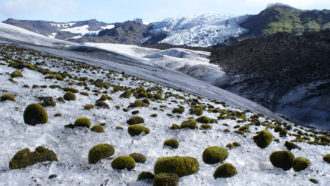 Earth
EarthOn an Alaskan glacier, little green moss balls roll in herds
Oval balls of moss, nicknamed ‘glacier mice,’ roll across some glaciers. A new study explores the mysteries behind their herd-like motion.
By Beth Geiger -
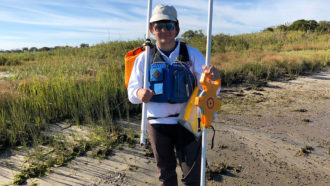 Science & Society
Science & SocietyFor teens, big problems may lead to meaningful research
Several teens who competed at the Regeneron Science Talent Search applied their STEM know-how to solve problems they or their communities faced.
-
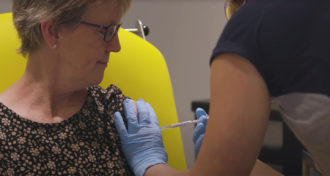 Health & Medicine
Health & MedicineNew COVID-19 vaccines show promise in people
Early data from human trials show that several candidate COVID-19 vaccines produce virus-inactivating antibodies and immune cells that fight the virus.
-
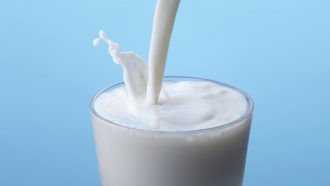 Health & Medicine
Health & MedicineCan we taste fat? The brain thinks so
Scientists had not considered fat a 'taste.' The brain begs to differ, new data show.
-
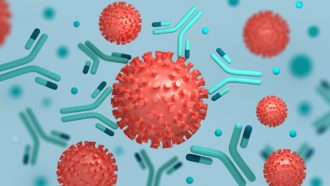 Health & Medicine
Health & MedicineExplainer: What are Antibodies?
Antibodies are one of the major players in the immune system’s attack against germs. Learn what they are, what they do and how they keep us healthy.
-
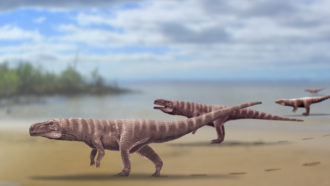 Fossils
FossilsThese crocodile ancestors lived a two-legged life
A set of 106-million year old footprints show a crocodile relative appears to have walked on two legs.
-
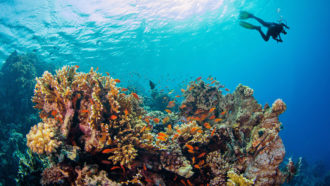 Ecosystems
EcosystemsLet’s learn about coral reefs
Coral reefs are home to many important species. But climate change is stressing corals to the max.
-
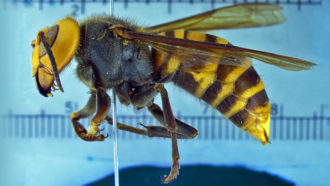 Animals
AnimalsWhat you need to know about ‘murder hornets’
Two new specimens of the world’s largest hornet have just turned up in the United States. Here’s what to make of them and other alien-hornet invaders.
By Susan Milius -
 Ecosystems
EcosystemsPooping ducks can shed the live eggs of fish
Some carp eggs survived and even hatched after being pooped by a duck. This may help explain how invasive fish reach isolated waterways.
-
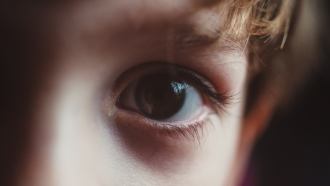 Brain
BrainExplainer: How our eyes make sense of light
It takes a lot for images before the eyes to be 'seen.' It starts by special cells sensing the light, then signals relaying those data to the brain.
-
 Ecosystems
EcosystemsScientists Say: Prairie
Prairies are flat, fertile grasslands in North America. They are their own unique ecosystem.
-
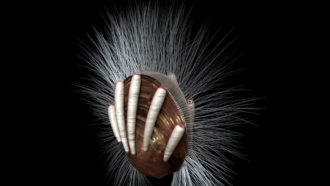 Fossils
FossilsTube-dwelling sea creatures may be oldest known parasites
A fossil bed of clam-like animals from a half-billion years ago is covered in tube-dwelling organisms. These suggest the tube dwellers were parasites, scientists now report.